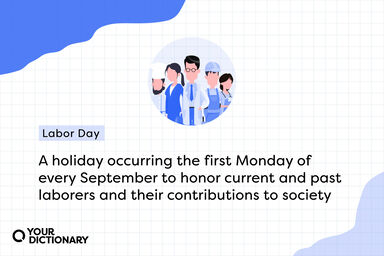In August there were strikes among the dock laborers of Genoa and the iron workers of Florence; the latter agitation developed into a general strike in that city, which aroused widespread indignation among the orderly part of the population and ended without any definite result.
The Monza labor exchange then took the initiative of proclaiming a general strike throughout Italy (September 15th) as a protest against the government for daring to maintain order.
In October 1907 there was again a general strike at Milan, which was rendered more serious on account of the action of the railway servants, and extended to other cities; traffic was disorganized over a large part of northern Italy, until the government, being now owner of the railways, dismissed the ringleaders from the service.
With great reluctance the tsar consented to convoke a consultative chamber of deputies as a sop to public opinion, but that concession stimulated rather than calmed public opinion, and shortly after the conclusion of peace the Liberals and the Revolutionaries, combining their forces, brought about a general strike in St Petersburg together with the stoppage of railway communication all over the empire.
But a year later he acquiesced in the establishment of a Labour council of action, and in the threat of a general strike in case of any military or naval intervention against the Soviet Government of Russia.





